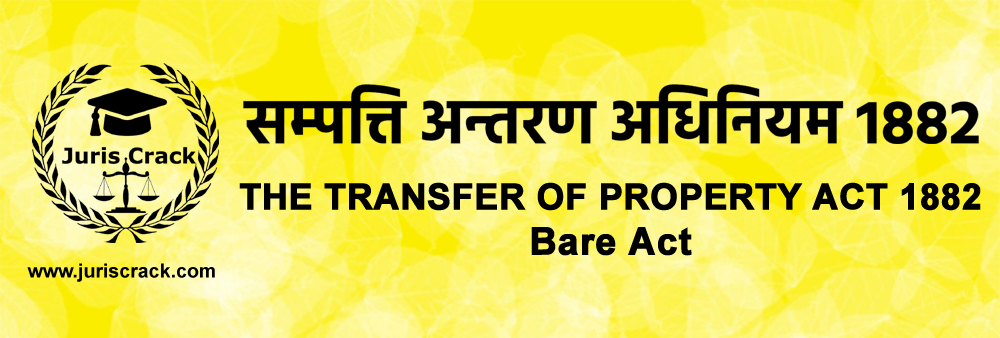(1) 5[***] A mortgagee, or any person acting on his behalf, shall, subject to the provisions of this section have power to sell or concur in selling the mortgaged property or any part thereof, in default of payment of the mortgage-money, without the intervention of the court, in the following cases and in no others, namely,-
(a) where the mortgage is an English mortgage, and neither the mortgagor nor the mortgagee is a Hindu, Mohammedan or Buddhist or a member of any other race, sect, tribe or class from time to time specified in this behalf by the State Government, in the Official Gazette;
(b) where a power of sale without the intervention of the court is expressly conferred on the mortgagee by the mortgage-deed and the mortgagee is the government;
(c) where a power of sale without the intervention of the court is expressly conferred on the mortgagee by the mortgage-deed and the mortgaged property or any part thereof was, on the date of the execution of the mortgage-deed, situate within the towns of Calcutta, Madras, Bombay, or in any other town or area which the State Government may, be notification in the Official Gazette, specify in this behalf.
(2) No such power shall be exercised unless and until-
(a) notice in writing requiring payment of the principal money has been served on the mortgagor, or on one of several mortgagors, and default has been made in payment of the principal money, or of part thereof, for three months after such service; or
(b) some interest under the mortgage amounting at least to five hundred rupees is in arrear and unpaid for three months after becoming due.
(3) When a sale has been made in professed exercise of such a power, the title of the purchaser shall not be impeachable on the ground that no case had arisen to authorize the sale, or that due notice was not given, or that the power was otherwise improperly or irregularly exercised; but any person damnified by an unauthorized or improper or irregular exercise of the power shall have his remedy in damages against the person exercising the power.
(4) The money which is received by the mortgagee, arising from the sale, after discharge of prior encumbrances, if any, to which the sale is not made subject, or after payment into court under section 57 of a sum to meet any prior encumbrance, shall, in the absence of a contract to the contrary, be held by him in trust to be applied by him, first, in payment of all costs, charges and expenses properly incurred by him as incident to the sale or any attempted sale; and, secondly, in discharge of the mortgage-money and costs and other money, if any, due under the mortgage; and the residue of the money so received shall be paid to the person entitled to the mortgaged property, or authorized to give receipts for the proceeds of the sale thereof.
(5) Nothing in this section or in section 69A applies to powers conferred before the first day of July, 1882.
Explanatory Video on Section – 69. Power of sale when valid
Notes on Section – 69. Power of sale when valid
Questions on Section – 69. Power of sale when valid
Juris Crack provide free law notes , free video lecture , relevant mock questions , past MCQ question and legal news on The Transfer of Property Act 1882. One stop destination for llb students, judicial service examination preparation , civil judge preparation , law officer courses , apo preparation , clat ug and pg test preparation. We provide notes on all legal topics , past years questions and preparation strategy. Our Bilingual teaching materials help all law students to plan better for their examination. Juris Crack resource are mostly free to use and download, so that community of law students get quality materials. Become member of Juris Crack Law Community.
Section – 69. Power of sale when valid -. Bare Act of The Transfer of Property Act 1882 on JurisCrack with Case Laws and Video lecture





No comment